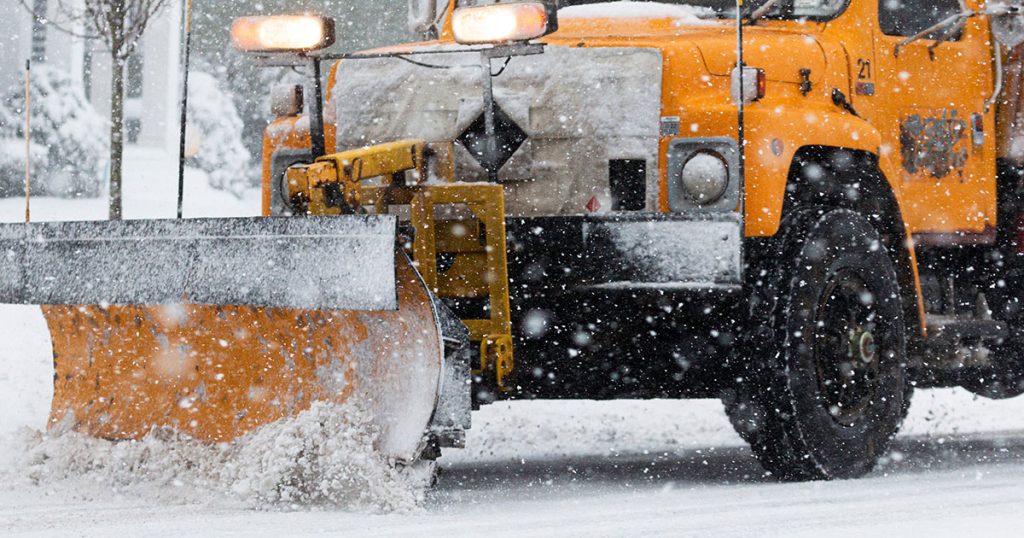Community News
Winter Driving and Snowplow Safety Tips
/Posted on: December 15, 2024/

To ensure safe winter travel, it’s essential to understand the challenges snowplow operators face and how you can help:
Snowplow Facts
- A fully equipped snowplow can measure up to 16 feet wide, equivalent to three car widths.
- It can weigh up to 34,000 kg (75,000 lbs)—as heavy as 30 cars.
- Operators have limited visibility, particularly on the right side.
- Snowplows work best at speeds between 40–50 km/h for spreading and clearing.
Operational Challenges
- Plows often cross the centerline for effective snow clearing and de-icing.
- Intersections require multiple reversing maneuvers with poor visibility.
- Wide, slow right turns and obstacles like guardrails and sidewalks necessitate extra caution.
How Drivers Can Stay Safe
- Keep a Safe Distance: Stay well behind the plow to avoid snow flurries and give operators room to work.
- Be Visible: Use headlights, not just daytime running lights, especially during storms.
- Slow Down and Move Right: When meeting a plow from the opposite direction, stick to the right and reduce your speed.
- Careful Passing: Pass only when safe, never linger beside a plow, and never pass on the right.
- Give Space at Intersections: Allow room for plows to maneuver safely.
- Avoid Blind Spots: Remember plows have limited visibility and can be blinded by snow and water splashes.
- Be Cautious on Curves and Hills: Avoid overtaking where visibility is reduced; sudden snow bursts can obstruct your view.
Remember
Snowplow operators navigate the worst conditions in massive, slow-moving vehicles with poor visibility to keep roads clear and safe. By being patient and vigilant, you can help them help you. Don’t become another obstacle—drive responsibly.
Recent news
Sorry, we couldn't find any posts. Please try a different search.
